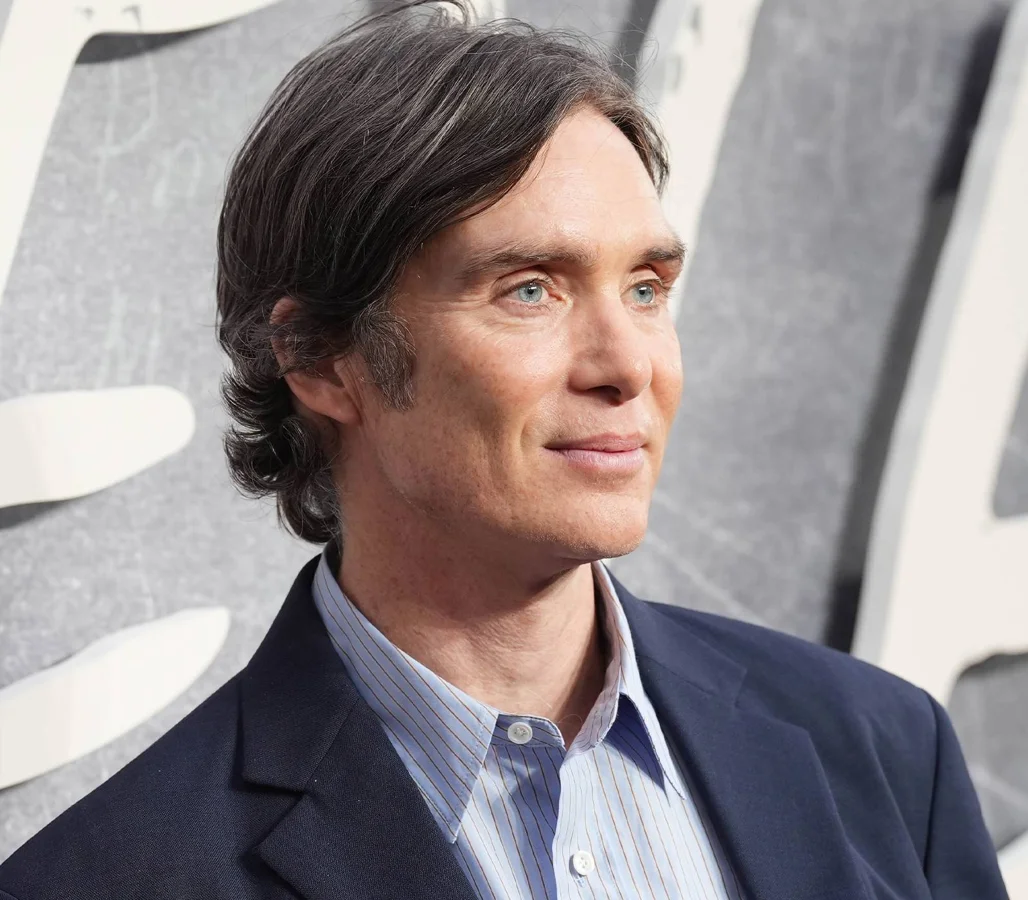Cillian Murphy has curated a selection of films from the Criterion Closet that deeply reflect his own artistic values and influences. These Cillian Murphy Criterion Movies highlight complex characters, intricate storytelling, and themes that resonate with his appreciation for stories exploring the human condition.
The Tense Atmosphere and Subtext of ‘La Piscine’ (1969)
Murphy’s first choice is Jacques Deray’s French psychological thriller, La Piscine. He praised the film for its evocative mood and its subtle exploration of the unspoken tensions between characters, describing how the early scenes create a desire to move to France, though by the conclusion, that feeling fades. The film revolves around Jean-Paul (Alain Delon) and Marianne (Romy Schneider), whose peaceful vacation at a villa with a swimming pool is disrupted when Marianne’s former lover Harry (Maurice Ronet) and his daughter Penelope (Jane Birkin) arrive unexpectedly. What begins as a lazy summer getaway soon sours into an atmosphere thick with jealousy, control, and simmering danger, culminating in a shocking act of violence.
Murphy’s attraction to La Piscine matches his own career choices, as he gravitates toward roles and projects rich in emotional undercurrents and psychological depth. The film’s themes of repression and interpersonal tension reflect the darker layers of human behavior Murphy often explores in his acting work.

A Raw Portrait of Struggle in ‘Rosetta’ (1999)
The second film Murphy selected is the Dardenne brothers’ Rosetta, a coming-of-age drama centered on a teen girl desperately trying to escape poverty. Murphy expressed his admiration for the authentic portrayal of a young woman raised by a struggling, alcoholic mother, and emphasized the story’s profound emotional impact despite its seemingly simple premise. He warned that the film is deeply moving and likely to bring viewers to tears.
Rosetta features Émilie Dequenne as the determined protagonist, navigating societal hardship and moral compromises in pursuit of dignity and normalcy. The film intimately depicts a family on the brink of collapse and a child forced into premature adulthood. This focus on emotional vulnerability aligns with Murphy’s own tendency to embrace roles marked by restraint and complexity. His collaborations with filmmakers like Ken Loach and Christopher Nolan further underscore his respect for grounded and nuanced storytelling.
John Cassavetes’ Influence Through ‘A Woman Under the Influence’ (1974)
Murphy also highlighted the significance of John Cassavetes’ work in shaping his approach to acting, especially noting the director’s box set containing six films. He shared a personal story of watching the box set over a weekend in early 2000s America with his wife, during a time he felt uncertain about his craft. Murphy recalled a memorable conversation with a makeup artist that led to Gena Rowlands signing his copy of A Woman Under the Influence, a film he holds in high regard.
While singling out this particular film, the collection also includes Shadows, Faces, The Killing of a Chinese Bookie, Opening Night, and A Constant Forge, a documentary on Cassavetes’ life. Cassavetes, known as the godfather of American independent cinema, insisted on creative control, producing deeply personal works outside traditional studio constraints. His films emphasize actors’ freedom to explore emotions, a principle that resonates with Murphy’s own artistic ethic.
This connection between Murphy’s selective roles—balancing blockbuster films and independent projects—and Cassavetes’ actor-centered filmmaking explains why this collection is a meaningful touchstone for Murphy.
Complex Social Themes in Michael Haneke’s ‘Code Unknown’ (2000)
Another formative movie for Murphy is Michael Haneke’s Code Unknown, although it is comparatively less well-known. He praised the film’s opening sequence for its unforgettable long take, exemplifying his appreciation for cinematic craftsmanship. Murphy also commended the movie’s engagement with weighty themes such as racism and immigration.
Code Unknown weaves together multiple interrelated narratives in modern Paris, focusing on characters like a French actress (Juliette Binoche), a Romanian facing deportation, an African immigrant, and a troubled teen. Through their intersecting lives, the film reveals invisible social codes that divide people by race, class, and nationality. The exploration of alienation and fragmented communication mirrors the emotional isolation and internal conflicts often portrayed in Murphy’s characters.
Murphy’s affinity for such socially conscious and stylistically distinctive cinema reflects his own interest in layered storytelling, as well as his respect for compelling performances, such as Binoche’s understated yet profound portrayal.
Introducing Wes Anderson’s Unique Style Through ‘The Wes Anderson Archive’
As his final Criterion Closet selection, Murphy chose The Wes Anderson Archive: Ten Films, Twenty Five Years. Though he did not single out a specific film, he mentioned watching Wes Anderson movies with his children during the COVID-19 pandemic, as they were beginning to explore cinema. Murphy also noted the substantial physical size of the collection and how perfectly it encapsulates Anderson’s distinctive style.
The archive includes many of Anderson’s best-known films, such as Bottle Rocket, Rushmore, The Royal Tenenbaums, The Life Aquatic with Steve Zissou, The Darjeeling Limited, Fantastic Mr. Fox, Moonrise Kingdom, The Grand Budapest Hotel, Isle of Dogs, and The French Dispatch. These movies showcase Anderson’s meticulous attention to detail across production design, framing, and music, and demonstrate his evolution as a filmmaker over 25 years.
Murphy’s decision to share these films with his children signals his appreciation for Anderson’s unique creative vision. The director’s painstaking approach aligns with Murphy’s meticulousness as an actor, and this collection celebrates the very art of filmmaking itself—a poetic choice for a dedicated cinephile like Murphy.
Together, these five Criterion picks offer a revealing glimpse into the inspirations behind Murphy’s intense, nuanced performances and his ongoing commitment to rich, thought-provoking cinema. His choices reflect a respect for films that challenge viewers emotionally and intellectually, while also shining a light on the human experience through diverse lenses.
